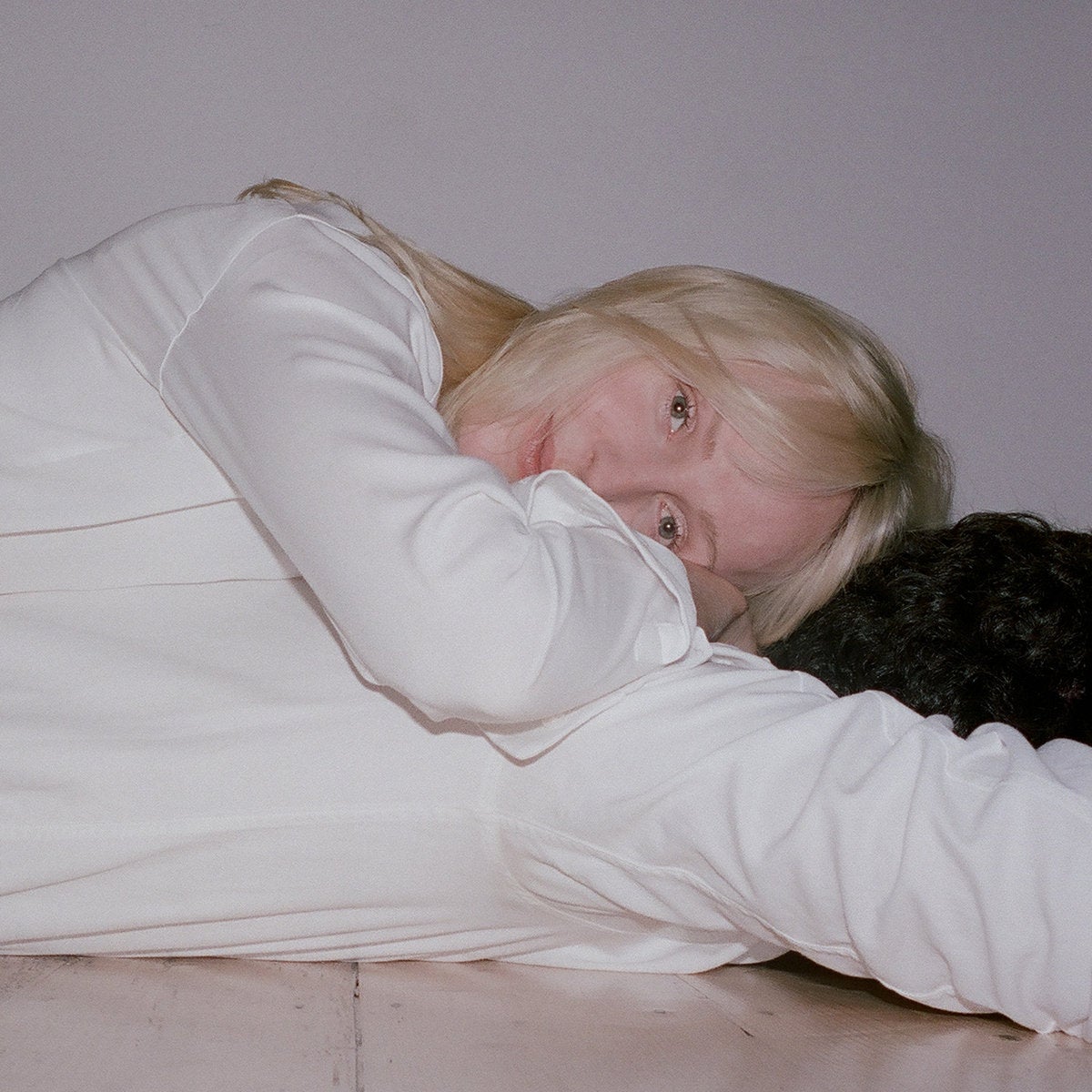Laura Marling – Song For Our Daughter review: Songs as fragmented and beautiful as stained glass
Marling’s previous albums have been grounded in evocative storytelling, her airy meditations on love, age and experience set against pastoral guitar landscapes. Not for nothing was she hailed, on more than one occasion, the voice of a generation

Laura Marling’s new album arrives with the spring: a fresh breeze, clear skies, some light to guide the way. Sounding invigorated from a number of collaborative and non-musical projects (including a Master’s degree in psychoanalysis), the Berkshire-born artist has long since broken free of the early “nu-folk” label she became synonymous with in the mid-Noughties.
The title of Marling’s last record, 2017’s worldly Semper Femina (Latin for “always a woman”), refers to Virgil’s line about how fickle and ever-changing women are. On Song For Our Daughter, Marling channels this with a thrilling defiance, right as she turns 30 – a period of transition in itself – and offers her best work to date.
Marling’s previous albums have been grounded in evocative storytelling, her airy meditations on love, age and experience set against pastoral guitar landscapes. Not for nothing was she hailed, on more than one occasion, the voice of a generation. More subtle than her previous works, these new songs are as fragmented and beautiful as stained glass.
“Blow by Blow” is an exquisite lament – a poetical anatomy of a broken relationship. Piano chords tumble with sparse tenderness. Cellos rise and fall like blossoms carried in the wind. Marling’s vocals – soft and wounded – wrestle with grief. Yet this is not a “sad” album. She strides with purpose on the jubilant “Alexandra”, inspired in part by Leonard Cohen’s “Alexandra’s Leaving”. Between periods of solace at London’s British Library and living with family, she now rejoices in her social awkwardness: “Stay alone, be brave,” she urges on the good-humoured shuffle “Strange Girl”.
By now fans are more than familiar with her virtuosic guitar playing and the way she can skip from twangy, Seventies Americana to the deft finger-picking of trad-English folk. “Lately, I’ve been thinking about our daughter growing old/ All of the bulls**t that she might be told,” she sings, as violins courtesy of Rob Moose (The National, Bon Iver) make this in part an elegy for her own experiences. What a marvel this album is.
Subscribe to Independent Premium to bookmark this article
Want to bookmark your favourite articles and stories to read or reference later? Start your Independent Premium subscription today.

Join our commenting forum
Join thought-provoking conversations, follow other Independent readers and see their replies